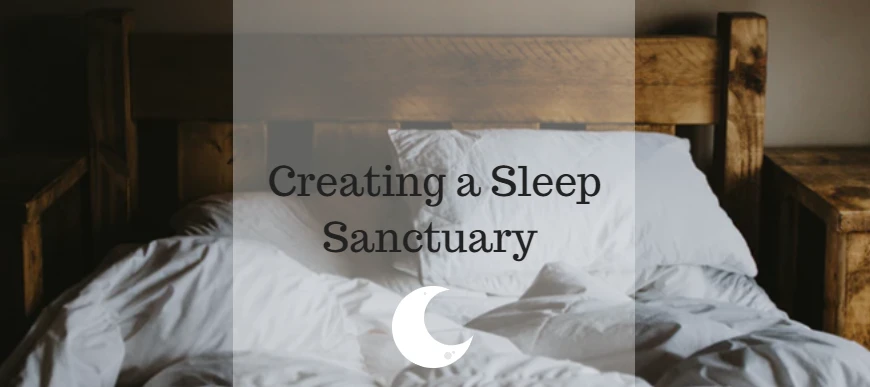If you’re struggling with insomnia, transform your bedroom into a relaxing oasis. The sights and sounds that surround you can drastically impact your ability to fall asleep and stay asleep throughout the night. Follow these tips to set yourself up for the best night’s sleep possible.
Chill out. Most sleep experts agree that a cool room, around 65 degrees, makes for the best sleep. If your room is too warm it can make you restless throughout the night, preventing you from getting enough sleep.
Cut back on the gadgets. In the hour before bedtime, put away the electronics. That means no phones, tablets, computers, or television. The light from electronics sends alerting signals to the brain that can make it hard to settle into a good night’s sleep. Swap the screens out for a book instead to wind down at the end of the night.
Tune out the noise. While you’re sleeping, your brain can still register sounds that can disrupt your sleep. These disruptions can be so brief that you don’t remember the next morning, but can degrade your overall quality of sleep so that you feel less rested. To mask outside noise, create white noise using a white noise machine, fan, or air purifier to create a constant ambient background noise. Thick rugs and heavy curtains can also help muffle sounds.
De-clutter to de-stress. Even just thinking about your bedroom should make you feel calm. A messy, disorganized room has the opposite effect. Clean your room before you put your head down at night and you may find it easier to rest.
Dim the lights. Help your body ease into its nighttime rhythm by dimming the lights as you start getting ready for bed. Use heavy shades to block out the glow from streetlamps and early morning sun.
If you or a loved one have insomnia, fill out the form below to learn more about Preferred Research Partner’s insomnia clinical research opportunities.

